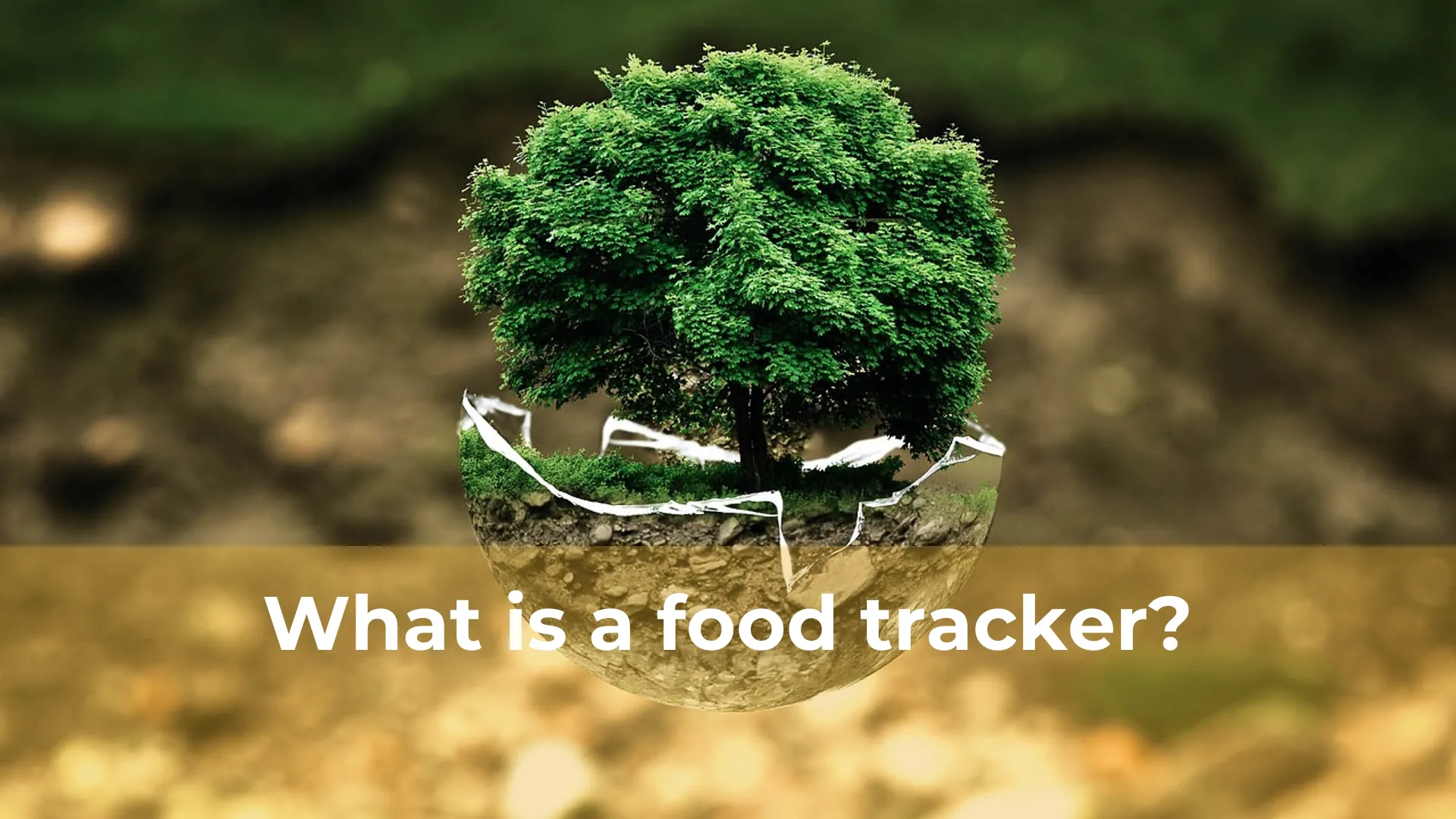What is a food tracker?
A food tracker is a powerful tool that can help individuals monitor and manage their daily food intake. It is a digital application or software that allows users to record and analyze the types and quantities of food they consume throughout the day. By keeping track of what they eat, individuals gain a better understanding of their nutritional habits and can make informed choices to improve their overall health.
Food trackers typically include features such as calorie counting, macronutrient tracking, and meal planning. Users can input the foods they eat, including portion sizes, and the app calculates the nutritional information. This information can be invaluable for those looking to lose weight, manage specific dietary needs, or simply make healthier choices. In addition, many food trackers offer comprehensive databases of food items, making it easy to find accurate nutritional information for a wide variety of meals and ingredients.
1. Understanding Food Trackers: A Comprehensive Guide
Food trackers have become increasingly popular in recent years, helping individuals gain a better understanding of their dietary habits and make healthier choices. In this comprehensive guide, we delve into what food trackers are and how they work. From mobile apps to wearable devices, we explore the various types of food trackers available in the market and discuss their features and benefits. Whether you are trying to lose weight, manage a specific dietary condition, or simply improve your overall health, this guide will provide you with the knowledge you need to make informed decisions about using food trackers effectively.
Not only do food trackers help monitor calorie intake, but they also provide valuable insights into nutrient consumption. We discuss how food trackers can track macronutrients such as carbohydrates, proteins, and fats, as well as micronutrients like vitamins and minerals. Additionally, we delve into the importance of accurately recording portion sizes and how food trackers can assist in this process. We also address common concerns and misconceptions related to food trackers, such as privacy and accuracy issues. Whether you are new to food tracking or have been using it for a while, this comprehensive guide will equip you with the knowledge to utilize food trackers as a powerful tool for achieving your health and wellness goals.
2. How Food Trackers Help You Maintain a Healthy Diet
Food trackers are a valuable tool for individuals looking to maintain a healthy diet. These apps and devices help users keep track of their daily food intake, providing a detailed breakdown of nutrients, calories, and portion sizes. By monitoring their eating habits, individuals can make more informed choices about what they consume, ensuring they meet their nutritional needs while staying within their calorie goals.
One of the key benefits of using food trackers is the ability to see a comprehensive overview of one’s diet. Many apps provide visual representations of the macronutrients, such as proteins, carbohydrates, and fats, consumed throughout the day. This allows users to identify any imbalances or deficiencies in their diet and make adjustments accordingly. Additionally, some food trackers offer personalized recommendations based on the user’s goals and dietary restrictions, making it easier to plan meals and snacks that align with their specific needs.
Moreover, food trackers can help individuals develop a greater awareness of their eating habits. By logging all of their meals and snacks, users gain a clear understanding of their portion sizes and can identify any patterns of overeating or mindless snacking. This heightened awareness can be particularly useful for those looking to lose weight or manage certain health conditions, as it allows them to identify triggers for unhealthy eating and make positive changes to their habits.

